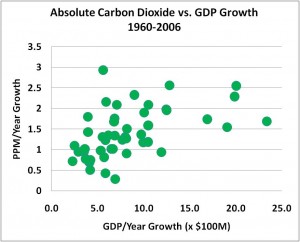President Will Answer Questions about the Economy Online
March 24th, 2009Posted by: admin
Tonight’s press conference is not the last stop in President Obama’s speaking tour on the economy. On Thursday, according to a press release, the President will answer questions Thursday morning in an online town hall. The project, called “Open for Questions,” is similar to the question solicitations handled online during the recent transition. It looks like the Administration would like to continue these question periods beyond Thursday’s first effort.
To submit a question, you will need to go online, set up an account (agreeing to the terms of participation), and submit your question. You may present a question without particpating in the system through an alternative process.
In the spirit of other collaborative web tools, participants may also vote up/vote down other questions submitted, or flag questions as inappropriate. The only grounds for flagging are violating the terms of participation. As outlined in that document, questions need to be civil and on topic. If not, then they can be flagged. How effective this will be in reducing the slag often found in online comments or the campaigns to win online votes is unclear. Then again, even traditional press conferences have a few odd questions from professional question-askers.

